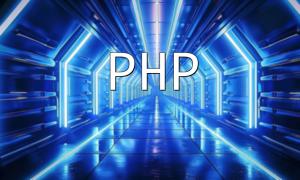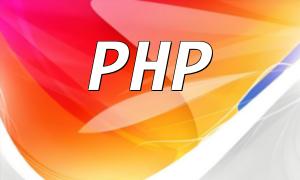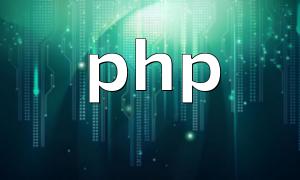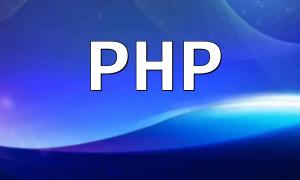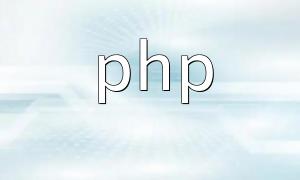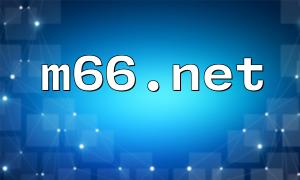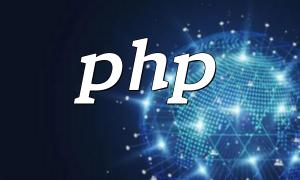What are PHP Extensions
PHP extensions are additional modules that enhance the core functionality of PHP and provide extra features. Developers can use extensions to create custom functions, interact with external libraries, process data and images, and improve security and performance.
Uses of PHP Extensions
PHP extensions are mainly used for:
- Creating custom functions and classes
- Accessing external libraries and APIs
- Interacting with databases and file systems
- Processing images and text
- Improving performance and security
Common PHP Extensions
Some commonly used PHP extensions in daily development include:
- MySQL: Interacting with MySQL databases
- PDO: A universal interface supporting multiple databases
- mysqli: Object-oriented interface for MySQL
- cURL: For HTTP requests and data transfer
- JSON: Encoding and decoding JSON data
- gd: Image processing extension
- mbstring: Multibyte string processing
- zlib: Data compression and decompression
- PDO_ODBC: Interacting with ODBC data sources
- xml: Parsing and generating XML
How to Install PHP Extensions
The installation process may vary depending on the operating system and server configuration. The general steps are:
- Download the extension source code or precompiled binaries
- Place the files in the PHP extensions directory
- Modify the php.ini file to enable the extension
- Restart the web server to apply the changes
How to Use PHP Extensions
After installing an extension, you can use it in your PHP scripts. First, check if the extension is loaded using extension_loaded(), then use the corresponding functions or classes:
if (extension_loaded('mysqli')) {
$mysqli = new mysqli('localhost', 'root', 'password', 'database');
}
Benefits of PHP Extensions
Using PHP extensions provides several advantages:
- Extended functionality: Adds features beyond the core PHP functions
- Improved efficiency: Optimizes specific tasks and enhances performance
- Portability: Can be used across different operating systems and web servers
- Community support: Popular extensions have active communities and extensive documentation
Conclusion
PHP extensions give developers powerful tools for extending functionality and optimizing performance. Familiarity with common extensions, along with installation and usage techniques, can significantly improve development efficiency and application stability.

